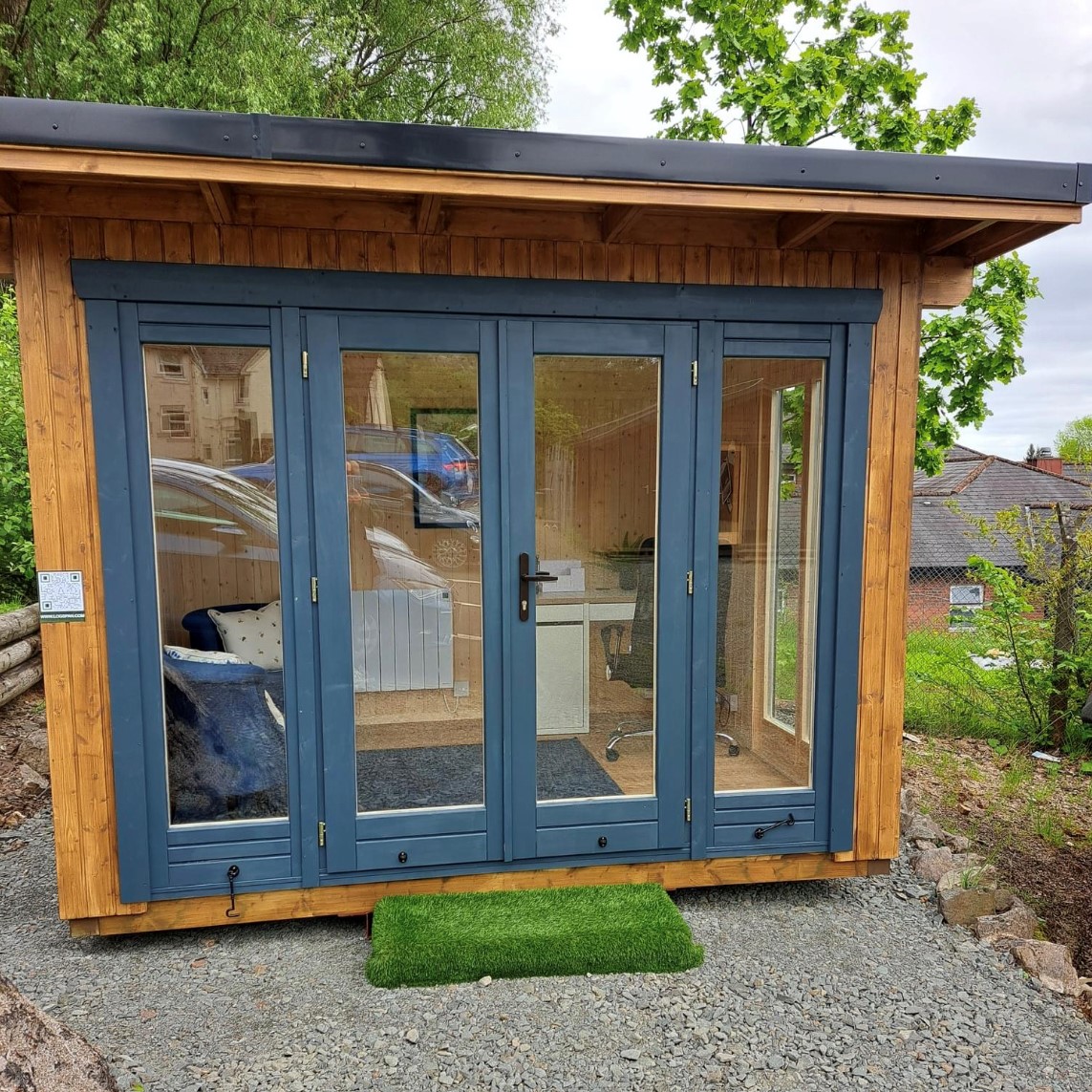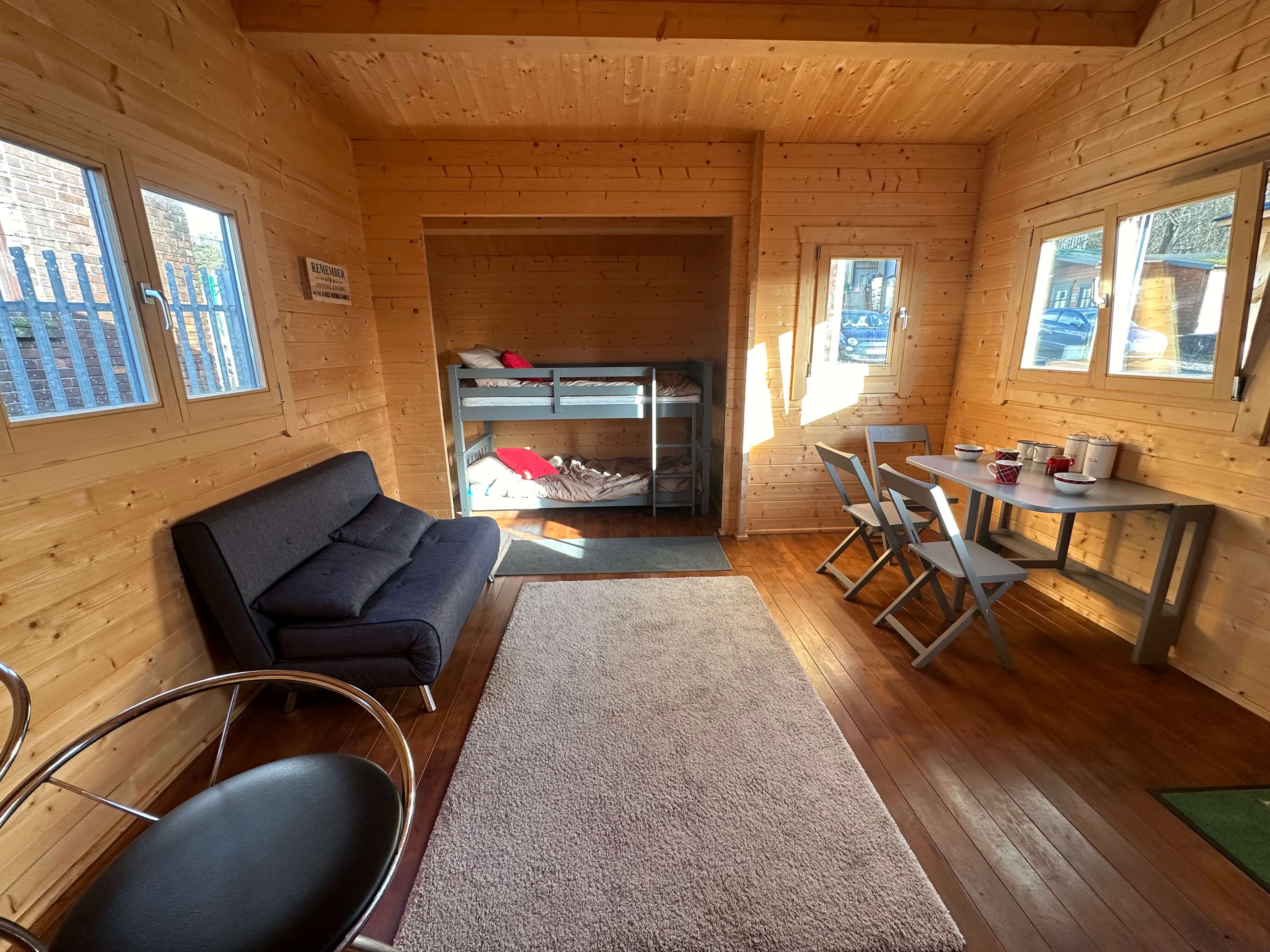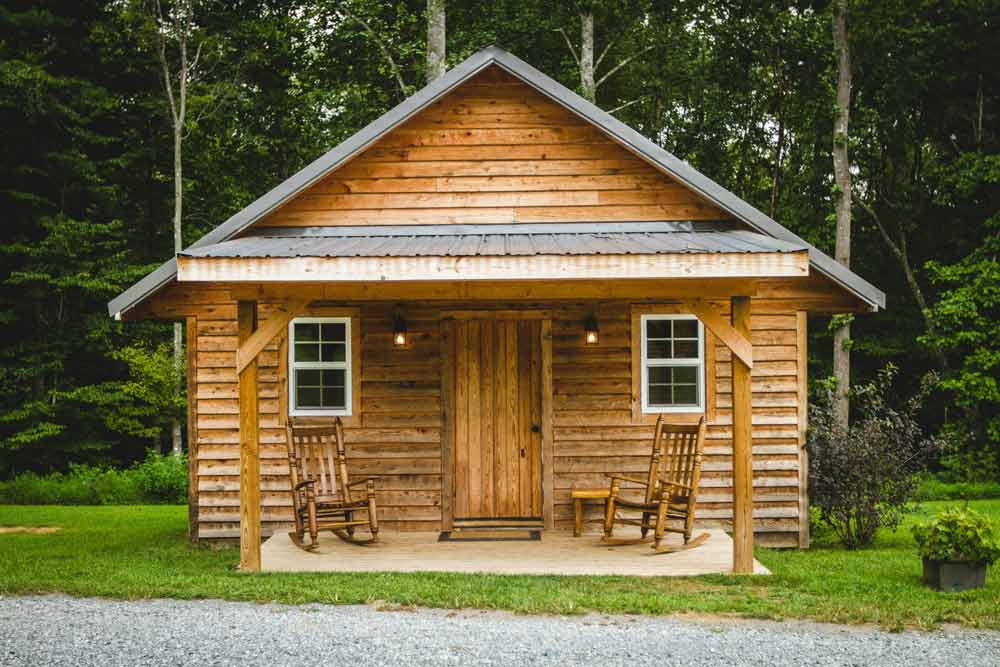The debate between setting up a garden office versus a home study has become increasingly relevant in the quest for the ideal remote working environment. With remote work becoming a staple for many professionals, creating a productive and enjoyable workspace has never been more critical. This article delves into the statistics and considerations surrounding both options, aiming to shed light on which might serve as a better working environment.
The Rise of Remote Work
The pandemic accelerated the adoption of remote work, with an estimated 26% of the workforce working remotely by the end of 2021, according to a report from Upwork. This shift has necessitated a reevaluation of home workspaces, with many seeking alternatives to the traditional home office setup.
Garden Office: A Breath of Fresh Air
Garden offices are standalone structures in a garden, separate from the main living area. This physical separation is cited as a significant benefit, with a study by the University of Minnesota finding that individuals with a clear distinction between work and personal spaces report higher productivity and lower stress levels.
Pros:
Increased Productivity: A survey by the American Psychological Association revealed that 65% of remote workers believe having a dedicated workspace is crucial for productivity. Garden offices, by their nature, provide a dedicated and distinct workspace.
Well-being and Mental Health: Being closer to nature has been proven to reduce stress, with a study from Stanford University highlighting that walking in natural environments can lead to a decrease in rumination, a factor linked to the onset of mental health issues.
Energy Efficiency and Sustainability: Modern garden offices are often designed with sustainability in mind, using materials and technologies that minimise energy consumption. This can lead to long-term savings and a reduced carbon footprint.
Cons:
Initial Investment: The cost of installing a garden office can be substantial, with prices varying widely depending on size, materials, and customisation.
Maintenance Requirements: Unlike a room within a home, a garden office requires separate maintenance, which can add to the ongoing costs.
Home Study: The Classic Choice
A home study, or home office, typically involves converting a room or area within the home into a workspace. This option is more traditional and accessible for many, especially those with limited outdoor space.
Pros:
Convenience and Accessibility: Being located within the home, a study is easily accessible at any time, making it convenient for those who work irregular hours.
Lower Initial Cost: Setting up a home study generally requires a lower upfront investment than building a garden office. The costs are often limited to furniture and technology rather than construction.
Ease of Use in Inclement Weather: Working within the main house eliminates the need to travel outside in poor weather, a significant advantage during winter or in regions with frequent inclement weather.
Cons:
Distractions and Work-Life Balance: The blurred lines between personal and professional life can lead to increased distractions and difficulty in disconnecting from work, with a survey from Buffer indicating that 22% of remote workers struggle with unplugging after work.
Space Limitations: In homes where space is at a premium, dedicating a room to a home study can be challenging, often leading to multifunctional spaces that may not be conducive to focused work.
The Verdict
Choosing between a garden office and a home study ultimately depends on individual needs, work habits, and the physical constraints of one’s living situation. Suppose the priority is maximising productivity and creating a clear work-life separation. A garden office is a superior choice in that case, provided the initial costs and maintenance requirements are reasonable.
For those who value convenience, have space limitations, or prefer the comfort of working within their home regardless of the potential for distractions, a home study is a practical and effective option.
Both environments have the potential to enhance work-from-home experiences significantly. The key is understanding personal work preferences, lifestyle, and how space influences productivity and well-being. With remote work here to stay, investing in a workspace that fosters efficiency, creativity, and happiness is an investment in one’s professional and personal life.















